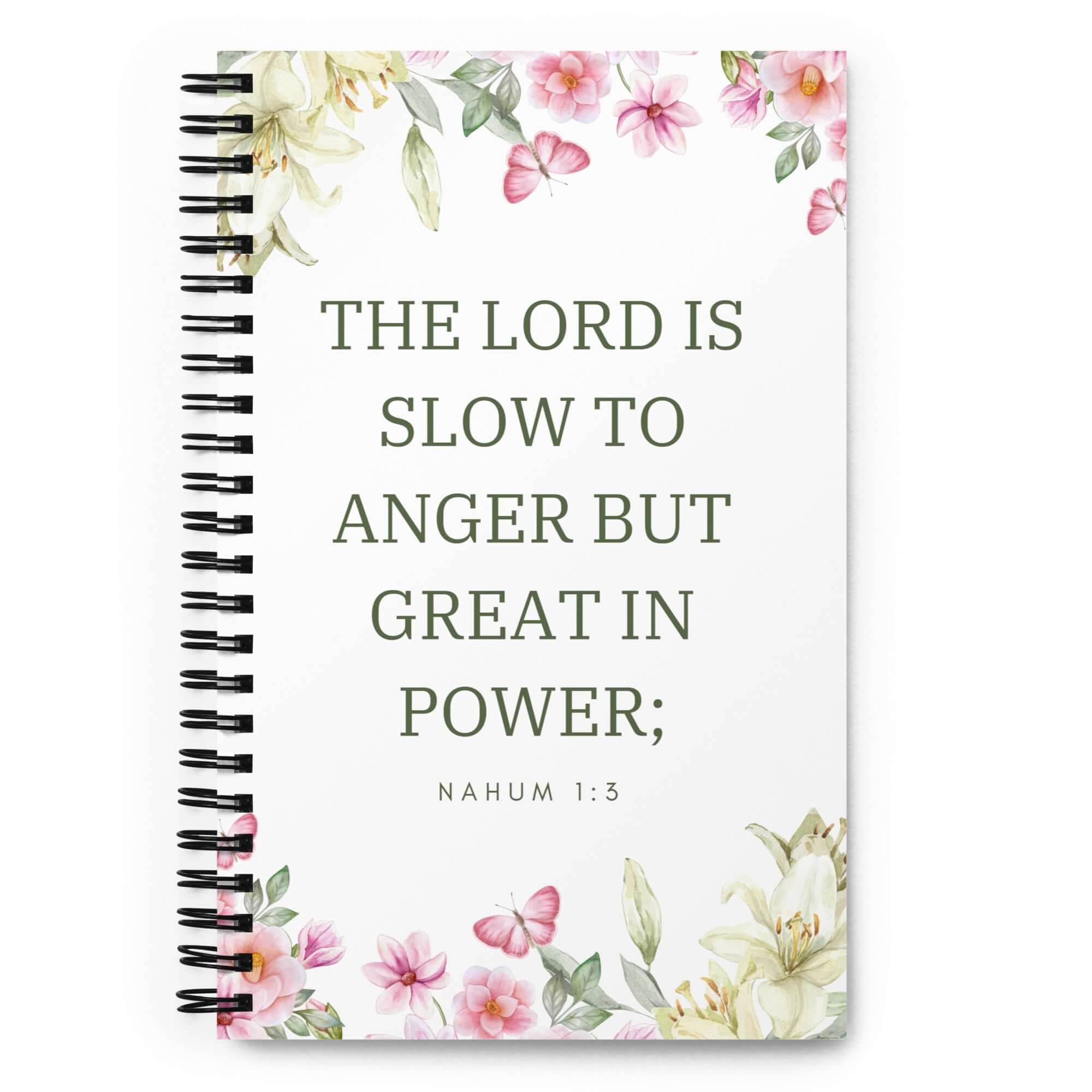Introduction to the Book of Nahum
The book of Nahum is one of the minor prophetic books in the Old Testament. Though it is considered "minor" due to its length, the message within is anything but minor. This book is a powerful display of God’s judgment against the city of Nineveh, the capital of the Assyrian Empire. The themes of justice, divine retribution, and God's protection over His people are central to this short but intense book.
Who Wrote the Book of Nahum?
The book of Nahum was written by Nahum, who is described as "Nahum of Elkosh" (Nahum 1:1). Little is known about Nahum's personal life or background, and Elkosh, his hometown, is a subject of debate among scholars. Some suggest it could be located in Judah, while others think it might be in Galilee. However, the exact location of Elkosh remains uncertain.
Nahum's name means "comfort" or "consolation," which is fitting given that his message, though one of destruction for Nineveh, comforts Judah and Israel by promising relief from the oppression of the Assyrians.
When Was the Book of Nahum Written?
The book of Nahum is generally believed to have been written between 663 and 612 BC. This timeframe is significant because it fits within the events described in the book. Nahum mentions the fall of Thebes (No-Amon) in Egypt, which happened in 663 BC (Nahum 3:8), so it must have been written after that event. On the other hand, the book predicts the fall of Nineveh, which occurred in 612 BC. Therefore, scholars agree that the book was written within this window.
Who Was the Book of Nahum Written For?
Nahum’s prophecy was directed at the people of Judah and Israel, but it was also a message of judgment for Nineveh and the Assyrian Empire. The Assyrians were a ruthless empire, notorious for their violence and cruelty. Their capital, Nineveh, had a long history with God’s people. Jonah, another prophet, had been sent to Nineveh about 150 years earlier to warn them of impending judgment. At that time, Nineveh repented, and God spared the city.
However, by the time of Nahum, Nineveh had returned to its evil ways. The book of Nahum served as a warning to Nineveh, but also as an encouragement to Judah that their oppressor would soon fall. God’s people had suffered under the Assyrians, and Nahum’s message was one of hope that God would deliver them from their enemies.
Overview of the Content of Nahum
The book of Nahum is divided into three chapters, each with a distinct focus but all tied to the central theme of Nineveh's impending destruction.
1. God’s Wrath and Power (Nahum 1)
In the first chapter, Nahum describes God’s nature as both a protector of His people and a force of divine wrath against His enemies. God is depicted as slow to anger, but His justice cannot be ignored forever. The chapter emphasizes that God is powerful over nature and nations, and He will punish those who act against His will.
- Key Verses: Nahum 1:7: "The Lord is good, a stronghold in the day of trouble; he knows those who take refuge in him."
- Key Themes: God's justice, God's power, God's protection.
2. The Fall of Nineveh Foretold (Nahum 2)
In the second chapter, Nahum paints a vivid picture of Nineveh's destruction. He describes an invading army, the chaotic defense, and the collapse of the city. Nahum uses dramatic imagery to describe how Nineveh, once so powerful, would be utterly devastated.
- Key Verses: Nahum 2:10: "She is empty, desolate, and waste! Hearts melt, knees tremble, anguish is in all loins; all faces grow pale!"
- Key Themes: The fall of the wicked, the end of oppression.
3. The Reason for Nineveh’s Judgment (Nahum 3)
In the final chapter, Nahum details why Nineveh is being judged so harshly. The city’s sins are listed, including its violence, deceit, and cruelty. Nahum makes it clear that Nineveh's fall is not just a random event, but a direct result of their wickedness. The city that had terrorized so many nations would face its own day of reckoning.
- Key Verses: Nahum 3:19: "There is no easing your hurt; your wound is grievous. All who hear the news about you clap their hands over you. For upon whom has not come your unceasing evil?"
- Key Themes: Accountability for sin, the certainty of God’s justice.
Conclusion
Though the book of Nahum is short, it is rich with themes of God's justice and the fall of those who oppose Him. It offers hope for the oppressed and a warning to those who persist in evil. Nahum's message reminds us that, even though it may seem like evil prospers for a time, God's judgment is certain. For Judah, Nahum’s prophecy was a message of comfort, as they were assured that their enemies would not triumph forever.
Book of Nahum Summary: A Complete Animated Overview
Blog posts from Explore the Bible
Create in Me a Clean Heart: A Prayer for Renewal and Grace
Create in Me a Clean Heart points to our need for God’s renewal. This prayer shows how grace restores the heart, brings joy, and shapes a new way of living.
Who Betrayed Jesus: A Look at Judas Iscariot and the Story of Betrayal
A clear look at who betrayed Jesus and why Judas Iscariot’s choice matters for believers today, with key Bible passages that shape this story.
Did Jesus Drink Wine?
Jesus drank wine in social settings and used it in the Passover meal. This brief guide shows what Scripture says and how believers can respond with wisdom.





























